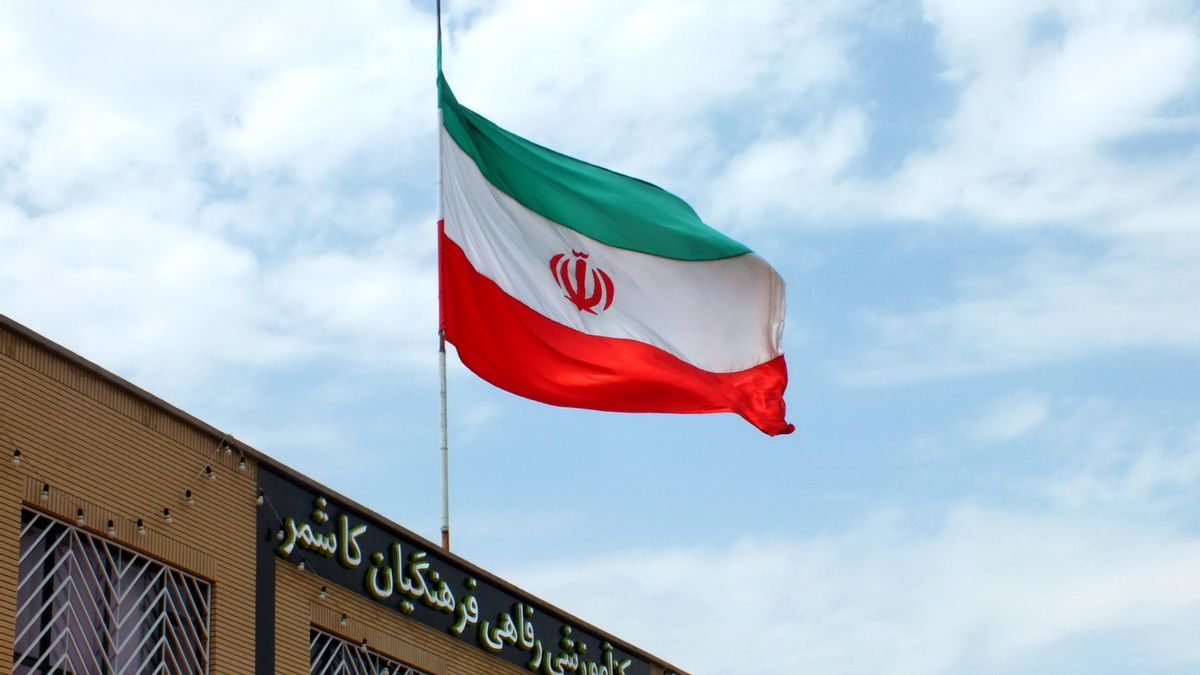JAKARTA - Universities and higher education institutions in Iran will ban female students who refuse to wear the hijab from receiving educational services.
The Ministry of Science, Research and Technology said all universities and higher education centers under its supervision would be able to bar female students who do not wear the headscarf from receiving education and welfare services, according to a statement carried by the Mizan news agency.
Meanwhile, an education official from the Ministry of Health said medical schools "are prohibited from providing any services to students who do not wear the headscarf", as reported by The National News on April 3.
On Sunday, the Ministry of Education also published a set of guidelines for educational institutions, asking teachers to "pay special attention" to the hijab and "chastity".
It said teachers should use textbooks to explain the importance of the hijab and chastity, as well as "enrich" students' free time by encouraging student organizations in these areas.
Other guidelines to promote the wearing of the hijab were followed, including using "popular figures" and Olympic athletes to explain the hijab and Islamic culture.
The move comes as Tehran signaled stricter enforcement of hijab laws, after months of nationwide protests sparked by the death of a Kurdish woman in morality police custody last year.
Mahsa Amini died after being detained for allegedly violating the mandatory hijab regulations, which require women to wear the hijab in public.
Her death sparked public outrage and countrywide demonstrations where women burned head coverings and called for regime change.
On Saturday, Iran's chief judiciary threatened to prosecute women who did not wear the hijab "without mercy".
SEE ALSO:
Gholamhossein Mohseni Ejei said not wearing the headscarf "is tantamount to enmity with (our) values" and will be "punished and judged without mercy".
His warning followed a statement from the Home Affair Ministry, which described covering the private parts as "one of the foundations of civilization of the Iranian nation," adding there would be no "retreat or tolerance" for the issue.
It is known that women in Iran have been required to cover their heads and wear loose-fitting clothing in public since the 1979 Revolution, although many women oppose the rule. They are also prohibited from singing and dancing in public.
The English, Chinese, Japanese, Arabic, and French versions are automatically generated by the AI. So there may still be inaccuracies in translating, please always see Indonesian as our main language. (system supported by DigitalSiber.id)















